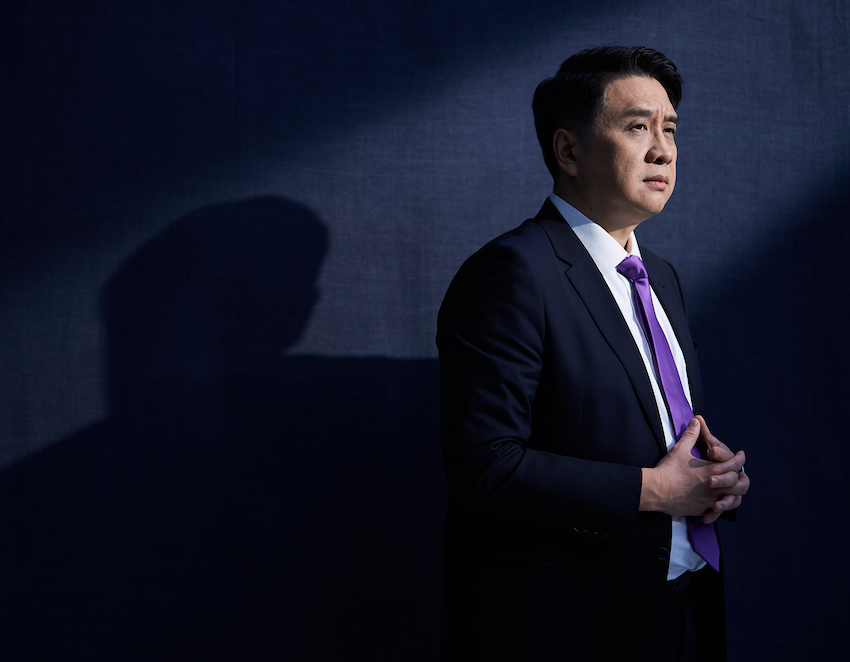Readers’ Picks
China Checkup
GE HealthCare’s outgoing president and CEO for China, Yihao Zhang, reflects on the components of success in the country’s increasingly competitive market.
The Intentional CSO
Christina Shim, IBM’s Chief Sustainability Officer, is working toward the day that sustainability is so embedded in business strategy, her job no longer exists.
The Dinosaur Strategy
A communications expert targets an audience of 2nd graders. By Mara Riemer.


